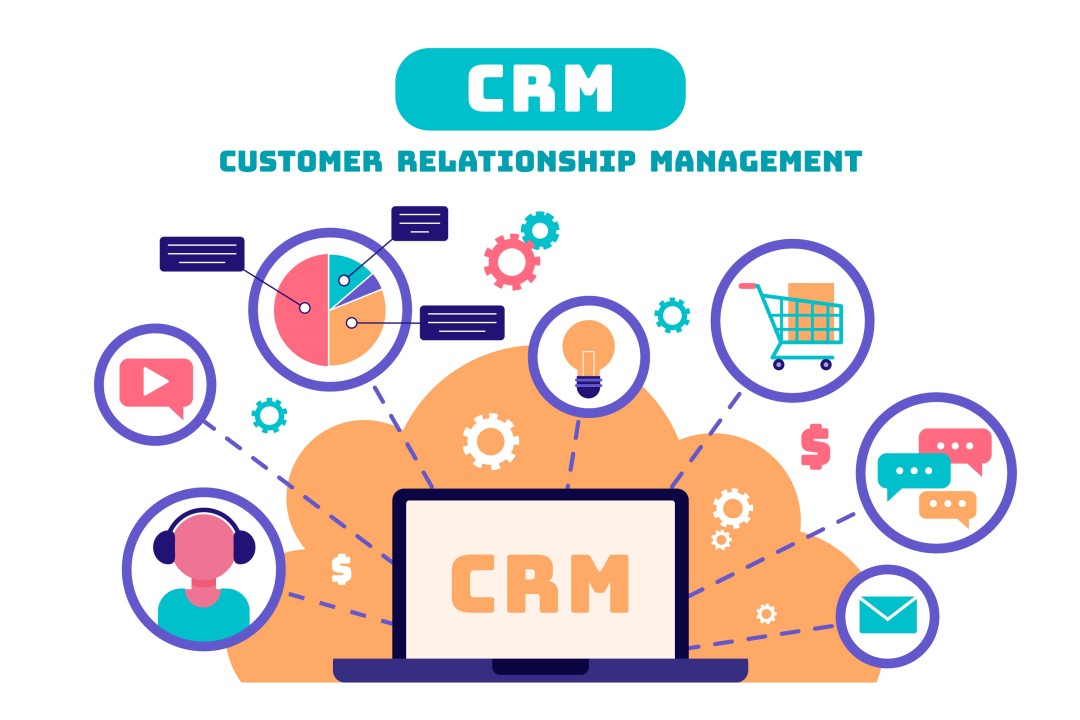
In today’s competitive business environment, service providers face a unique challenge: customer satisfaction isn’t just about delivering a product but about creating memorable experiences. This is where Customer Relationship Management (CRM) systems come in. A well-implemented CRM not only streamlines client interactions but also transforms customer feedback into actionable insights that fuel growth.
What is CRM in Service Businesses?
Customer Relationship Management (CRM) refers to the strategies, tools, and technologies businesses use to manage interactions with clients and prospects. For service-based businesses—such as consulting firms, salons, healthcare practices, or cleaning services—CRM goes beyond sales. It focuses on nurturing long-term relationships, improving customer experience, and using feedback to refine services.
Why CRM is Essential for Service Businesses
Unlike product-based companies, service businesses rely heavily on trust, loyalty, and repeat customers. A CRM system helps by:
Centralizing customer data: Ensures all client information, communication history, and service preferences are stored in one place.
Enhancing personalization: Enables businesses to tailor services based on customer history.
Tracking customer journeys: Helps understand where customers are most engaged or dissatisfied.
Streamlining communication: Improves response time and builds stronger relationships.
Turning feedback into action: Provides insights into what customers value most and what needs improvement.
How CRM Transforms Feedback into Growth
- Collecting Feedback Seamlessly
Modern CRM systems integrate with emails, surveys, and social media, making it easier to collect customer feedback in real time. Service businesses can track satisfaction after an appointment, a consultation, or a service delivery.
- Analyzing Customer Sentiment
CRM tools use analytics and even AI to interpret customer feedback. For example:
Are clients happy with response times?
Do they feel the service met their expectations?
Which services receive the most praise or complaints?
- Identifying Trends and Opportunities
When analyzed correctly, feedback reveals patterns. For instance:
If multiple clients mention long wait times, you may need to improve scheduling.
If customers consistently request a specific service, you can expand offerings in that area.
- Improving Customer Retention
Acting on feedback shows customers that their opinions matter. This builds trust and loyalty, reducing churn. Studies show that businesses that actively address customer feedback retain up to 60% more clients compared to those that don’t.
- Fueling Innovation and Service Improvement
Feedback-driven insights can inspire new services, upgrades, or added value features. This innovation not only satisfies existing clients but also attracts new ones.
Best CRM Practices for Service Businesses
Automate surveys and feedback requests after every service.
Segment customers based on their preferences and feedback for personalized communication.
Set KPIs (e.g., customer satisfaction score, net promoter score) and monitor them regularly.
Train staff to use CRM insights to improve client interactions.
Close the feedback loop by following up with customers after acting on their suggestions.
Benefits of Turning Feedback into Growth
Higher customer satisfaction through tailored services.
Stronger client loyalty from demonstrating attentiveness.
Increased referrals and positive reviews due to better experiences.
Greater revenue growth by aligning services with customer expectations.
Competitive advantage by staying ahead of market demands.
Conclusion
For service businesses, CRM is not just a tool—it’s a growth strategy. By actively collecting, analyzing, and acting on customer feedback, service providers can enhance client experiences, build stronger relationships, and continuously improve their offerings. In a marketplace where customer loyalty is everything, turning feedback into growth is the ultimate way to stand out.
Disclaimer
This article is for informational and educational purposes only. It does not constitute business, financial, or legal advice. Service businesses should seek guidance from qualified CRM consultants or professionals before making significant decisions about implementing or modifying customer relationship management systems.
